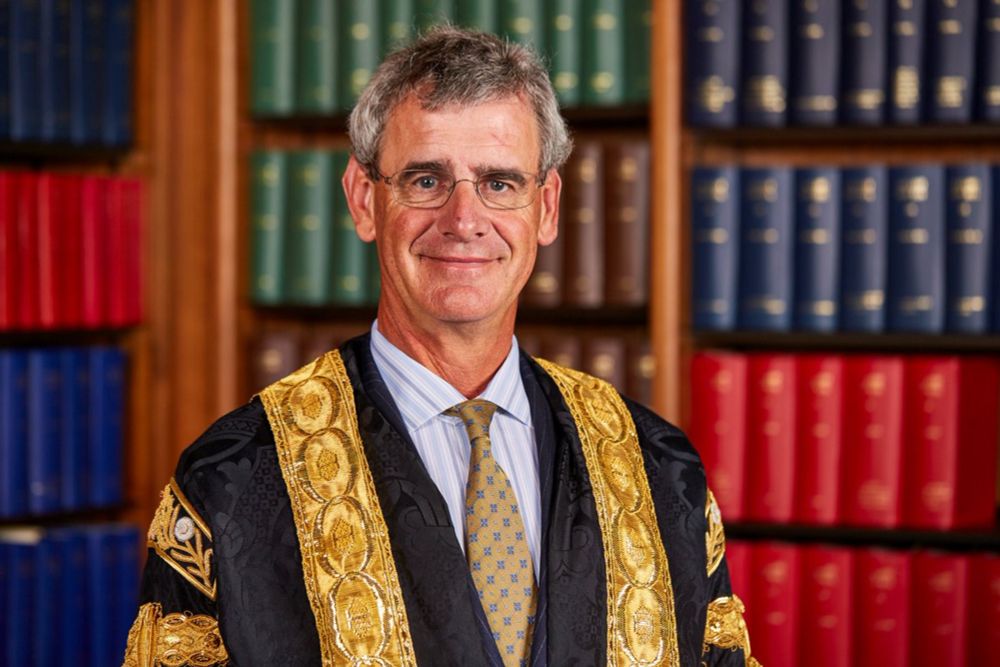
Professor of Public Law, University of Cambridge. Fellow, St Catharine's College, Cambridge. Blog: www.publiclawforeveryone.com. Website: www.markelliott.org
Mark C. Elliott is the Mark Schwartz Professor of Chinese and Inner Asian History at Harvard University, where he is Vice Provost for International Affairs. He is also a seminal figure of the school called the New Qing History. .. more

publiclawforeveryone.com/2025/11/20/t...

That claim is constitutional nonsense, for the reasons I explain here: publiclawforeveryone.com/2025/06/20/w...
'Administrative Law Doctrine and Constitutional Principle in the Supreme Court'
My case note on the judgment in R (Spitalfields) v Tower Hamlets LBC [2025] UKSC 11
doi.org/10.1017/S000...
Reposted by Mary Bosworth, Steve Peers, Mary Margaret McCabe

The legal and constitutional implications of the asylum white paper: Some initial thoughts
publiclawforeveryone.com/2025/11/17/t...
Reposted by Steve Peers

In a recent lecture, Lord Briggs places renewed emphasis on the common law’s ability to protect human rights, and argues that we should not doubt its capaity to step in if the UK were to withdraw from the ECHR. Is such optimism well-founded?
publiclawforeveryone.com/2025/11/14/m...

'The Constitution Society invites applications for a Research Fellowship dedicated to promoting the life and constitutional contributions of Richard Haldane (1856-1928).'
consoc.org.uk/haldane-rese...
Reposted by Brian Sloan, Virginia Mantouvalou

Prompted by an excellent conference at @biicl.bsky.social marking the ECHR's 75th anniversary, I reflect in this piece on key themes about the likely trajectory of the UK's human rights debate, given the current (and developing) political climate.
publiclawforeveryone.com/2025/11/07/t...


Reposted by Mark Elliott, Kathleen Kennedy

Reposted by Tobias Lock, Mark Elliott, Laurent Pech , and 1 more Tobias Lock, Mark Elliott, Laurent Pech, Geoff Pearson


tribunalsdecisions.service.gov.uk/utiac/ui-202...
Reposted by Steve Peers, Mark Elliott, Jussi T. Eronen

Did the CPS make a fundamental mistake with the charging decision in the Chinese spying case?
How the CPS may have asked the wrong legal question and so made a wrong charging decision
By me
emptycity.substack.com/p/did-the-cp...


No winners in the China espionage blame game: Six outstanding questions for prosecutors and ministers
publiclawforeveryone.com/2025/10/16/n...


